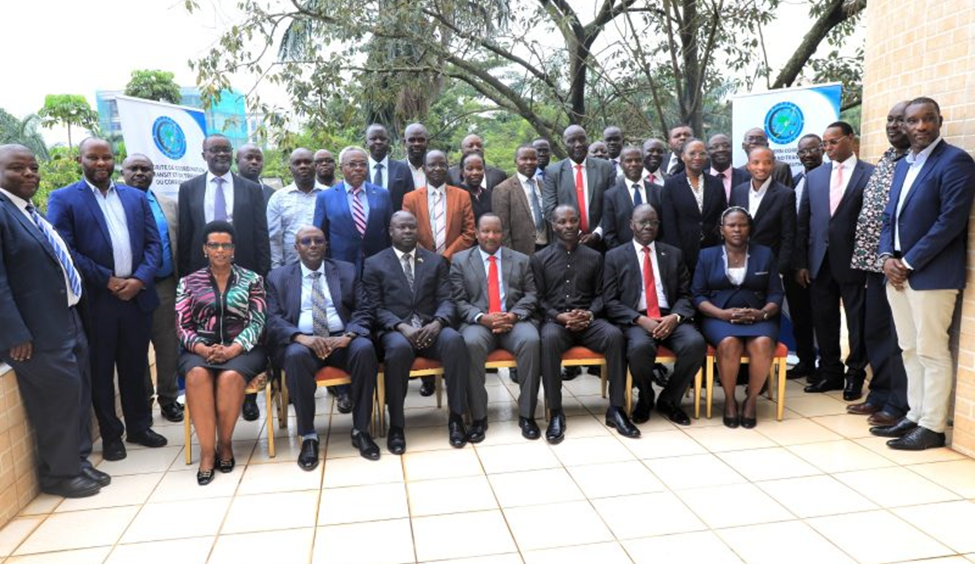Northern Corridor States meet in Kampala to Discuss Regional Road and Rail Initiatives

Member states of the Northern Corridor Transit and Transport Agreement (NCTTA) involving Uganda, Kenya, South Sudan, and the Democratic Republic of Congo met on Monday 13th November 2023 to discuss Infrastructure projects, including the Standard Gauge Railway and Regional Road Projects.

Meetings of the Northern Member States on the development of the Standard Gauge Railway and Regional Road Projects between Uganda, Democratic Republic of Congo, Kenya and South Sudan have opened in Kampala, Uganda.
An international agreement known as the Northern Corridor Transit and Transport Agreement (NCTTA) was made to ease the movement of goods between the Kenyan port of Mombasa and the interior of its member countries—Burundi, the Democratic Republic of the Congo, Rwanda, Uganda, and South Sudan.
It offers a way to make the port of Mombasa more convenient for transit trade with landlocked nations.
Before the treaty, bilateral agreements governed transit trade; these agreements provided no consistent framework for uniform services and transit trade protocols among the various Member State regions.
Amb. Richard Kabonero, the Coordinator of the Northern Corridor Infrastructure Projects, stated that establishing infrastructure connections within the area is essential to realizing the region’s economic potential.
“We can decrease the cost of doing business, increase trade, and stimulate economic growth by prioritizing the development of roads, railways, waterways, aviation, and ICTs,” the speaker stated.

In 2022, Uganda severed ties with China Harbour and Engineering Company (CHEC), the contractor for the Malaba-Kampala route.
Yapi Merkezi is currently being hired by Uganda, and the country is also enlisting European financiers to begin building the Malaba-Kampala SGR network before the end of 2023.
The Northern Corridor is acknowledged as a crucial logistics corridor in East Africa, encompassing various modes of transportation such as pipeline, rail, road, and inland waterways.
Officials from Kenya and Uganda had a bilateral discussion about the SGR’s advancement during yesterday’s gathering.
Kenya has been obtaining funding from China to build the final section of the SGR, which will pass through Kisumu and end at the Malaba border.
Standards, interconnectivity, and interoperability of the proposed SGR line are to be harmonized by Kenya and Uganda.
The planned Mbarara-Mpondwe-Kisangani road project is another topic of discussion between Ugandan and Congolese road experts.
Government statistics show that the Northern Corridor is becoming more and more important, with combined transit and transshipment traffic growing at a rate of 20 percent per year.
The cost of transportation within the Corridor, which makes up around 30% of the total value of the goods, has increased due to several challenges.
These include a lack of goods to transport for the return journey from the inland area to Mombasa port, inadequate infrastructure, poor interconnectivity of transport modes, and protracted delays (stagnation) of cargo at the port and broad post.
These obstacles are becoming more widely acknowledged as some of the things preventing the East African Region’s economy from developing, especially in the interior regions.
However, in 2022, the EAC admitted the DRC, which is the fourth-largest country in Africa by population (95 million), to the regional economic bloc.
The DRC is one of Uganda’s biggest trading partners in East Africa, with Uganda exporting mainly cement, palm oil, beer, sugar, iron and steel, rice, iron and steel (scrap), cocoa beans and natural rubber.







